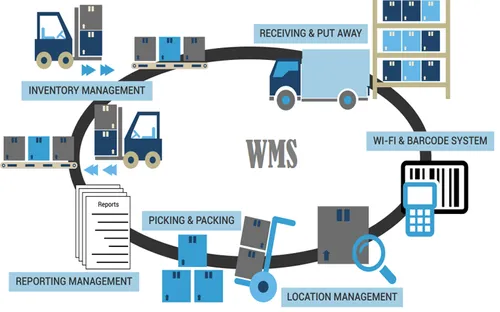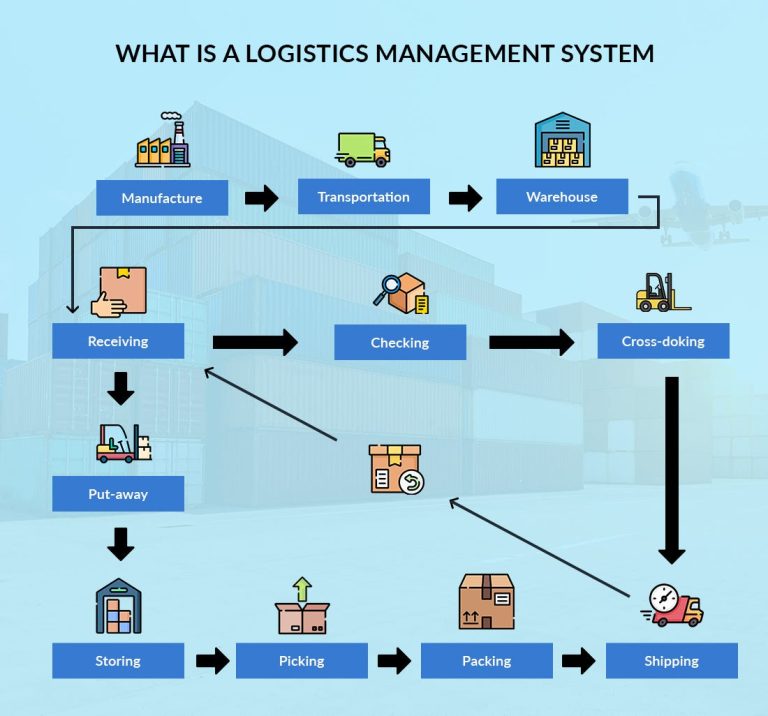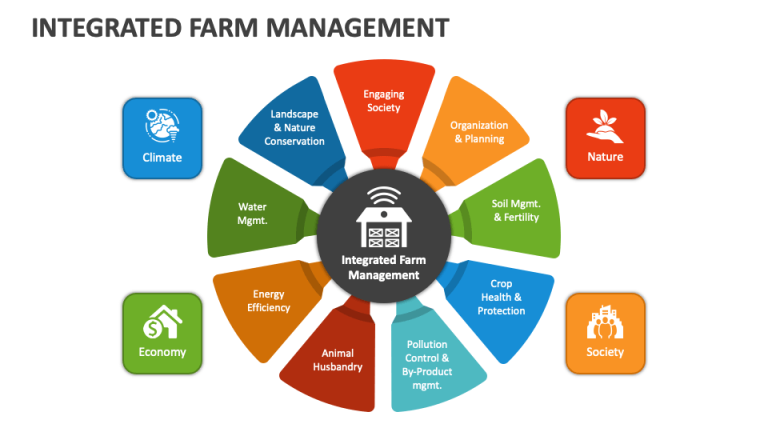Training Course on Statistical Data Analysis Using R

About The Course
Course Description
R is an open-source programming language that provides a wide variety of statistical and graphical techniques. R has “become the de-facto standard for writing statistical software among statisticians. This Training Course on Statistical Data Analysis Using R offered by Phoenix Center for Policy, Research and Training will give you a solid foundation in creating statistical analysis solutions using the R language, and how to carry out a range of commonly used analytical processes.
Course Objectives
Upon the successful completion of this Training Course on Statistical Data Analysis Using R, participants will be able to:
- Acquire a basic understanding of R, basic data types, and R/RStudio installation
- Understand R concepts and specific data wrangling packages in R
- Use R to connect to databases and execute database queries in R
- Utilize R for graphical summaries
- Understand R programming
- Carry out a range of statistical analyses using R
Training Methodology
The course is designed to be highly interactive, challenging and stimulating. It will be an instructor led training and will be delivered using a blended learning approach comprising of presentations, discussions, guided sessions of practical exercise, case study review, web-based tutorials, group work, exploration of relevant issues collaborative strength training, performance measurement, and workshops of participants’ displays, all of which adhere to the highest standards of training. The training technique is built on learning by doing, with lecturers using a learner-centered approach to engage participants and provide tasks that allow them to apply what they’ve learned. Experiential knowledge is also given equal importance within the format of training. Our facilitators are seasoned industry professionals with years of expertise in their chosen fields. All facilitation and course materials will be offered in English.
Who Should Attend?
This Training Course on Statistical Data Analysis Using R would be suitable for, but not limited to Data Scientists, Data Analysts, Business Intelligence Analysts and any other professional who want to explore the vast range of analytical and graphical capabilities of R.
Course Content
Module 1: Introduction to Statistical Analysis
- Explain the basic steps of the research process
- Explain differences between populations and samples
- Explain differences between experimental and non-experimental research designs
- Explain differences between independent and dependent variables
Module 2: Introduction To R Software for Statistical Computing
- Overview of the R Studio IDE
- Installing, loading and updating R packages
- Creating objects in R
- Data types
- Data structures
- Sorting vectors and data frames
- Directory management commands
- Direct data entry in R (for small data sets)
- Importing data from other software
- Decision structures (if, if-else, if-else if-else)
- Repetitive structures (for and while loops)
- Other important programming functions (break, next, warn, stop)
Module 3: Data Wrangling and Cleaning in R
- Working with variables
- Transform continuous variables to categorical variables
- Add new variables to data frames
- Handling missing values
- Sub-setting data frames
- Appending and merging data frames
- Spit data frames
- Stack and unstack data frames
Module 4: Explanatory Data Analysis (EDA) in R
- Creating tables of frequencies and proportions
- Cross tabulations of categorical variables
- Descriptive statistics for continuous variables
Module 5: Data Visualization Using R Base Package
- Introduction to graphs and charts in R
- Customizing graph attributes (titles, axes, text, legends)
- Graphs for categorical variables
- Graphs for continuous variables
- Graphs to investigate relationship between variables
Module 6: Mean Comparison Tests in R
- One Sample T Test
- Independent Samples T Test
- Paired Samples T Test
- One-way analysis of variance (ANOVA)
Module 7: Tests of Associations in R
- Chi-Square test of independence
- Pearson’s Correlation
- Spearman’s Rank-Order Correlation
Module 8: Predictive Regression Models Using R
- Linear Regression
- Multiple Linear Regression
- Binary Logistic Regression
- Ordinal Logistic Regression
Requirements
- Participants should be reasonably proficient in English.
- Applicants must live up to Phoenix Center for Policy, Research and Training admission criteria.
NOTE
- Discounts: Organizations sponsoring Four Participants will have the 5th attend Free
- What is catered for by the Course Fees: Fees cater for all requirements for the training – Learning materials, Lunches, Teas, Snacks and Certification. All participants will additionally cater for their travel and accommodation expenses, visa application, insurance, and other personal expenses.
- Certificate Awarded: Participants are awarded Certificates of Participation at the end of the training.
- The program content shown here is for guidance purposes only. Our continuous course improvement process may lead to changes in topics and course structure.
- Approval of Course: Our Programs are NITA Participating organizations can therefore claim reimbursement on fees paid in accordance with NITA Rules.
How to Book
Simply send an email to the Training Officer on training@phoenixtrainingcenter.com and we will send you a registration form. We advise you to book early to avoid missing a seat to this training.
Or call us on +254720272325 / +254737566961
Payment Options
We provide 3 payment options, choose one for your convenience, and kindly make payments at least 5 days before the Training start date to reserve your seat:
- Groups of 5 People and Above – Cheque Payments to: Phoenix Center for Policy, Research and Training Limited should be paid in advance, 5 days to the training.
- Invoice: We can send a bill directly to you or your company.
- Deposit directly into Bank Account (Account details provided upon request)
Cancellation Policy
- Payment for all courses includes a registration fee, which is non-refundable, and equals 15% of the total sum of the course fee.
- Participants may cancel attendance 14 days or more prior to the training commencement date.
- No refunds will be made 14 days or less before the training commencement date. However, participants who are unable to attend may opt to attend a similar training course at a later date or send a substitute participant provided the participation criteria have been met.
Tailor Made Courses
This training course can also be customized for your institution upon request for a minimum of 5 participants. You can have it conducted at our Training Centre or at a convenient location.
For further inquiries, please contact us on Tel: +254720272325 / +254737566961 or Email training@phoenixtrainingcenter.com
Accommodation
Accommodation is arranged upon request and at extra cost. For reservations contact the Training Officer on Email: training@phoenixtrainingcenter.com or on Tel: +254720272325 / +254737566961
Start To Learn
5 Days
Certificate
Course Duration
Course Price
Training Calendar
2024 Training Calendar | |||
Start Date | End Date | Location | Register |
| 10-Jun-2024 | 14-Jun-2024 | Nairobi | https://rb.gy/tb38zt |
| 24-Jun-2024 | 28-Jun-2024 | Nairobi | https://rb.gy/tb38zt |
| 8-Jul-2024 | 12-Jul-2024 | Nairobi | https://rb.gy/tb38zt |
| 22-Jul-2024 | 26-Jul-2024 | Nairobi | https://rb.gy/tb38zt |
| 5-Aug-2024 | 9-Aug-2024 | Nairobi | https://rb.gy/tb38zt |
| 19-Aug-2024 | 23-Aug-2024 | Nairobi | https://rb.gy/tb38zt |
| 2-Sep-2024 | 6-Sep-2024 | Nairobi | https://rb.gy/tb38zt |
| 16-Sep-2024 | 20-Sep-2024 | Nairobi | https://rb.gy/tb38zt |
| 30-Sep-2024 | 4-Oct-2024 | Nairobi | https://rb.gy/tb38zt |
| 14-Oct-2024 | 18-Oct-2024 | Nairobi | https://rb.gy/tb38zt |
| 28-Oct-2024 | 1-Nov-2024 | Nairobi | https://rb.gy/tb38zt |
| 11-Nov-2024 | 15-Nov-2024 | Nairobi | https://rb.gy/tb38zt |
| 25-Nov-2024 | 29-Nov-2024 | Nairobi | https://rb.gy/tb38zt |
| 9-Dec-2024 | 13-Dec-2024 | Nairobi | https://rb.gy/tb38zt |
| 16-Dec-2024 | 20-Dec-2024 | Nairobi | https://rb.gy/tb38zt |




